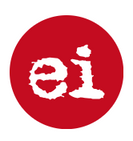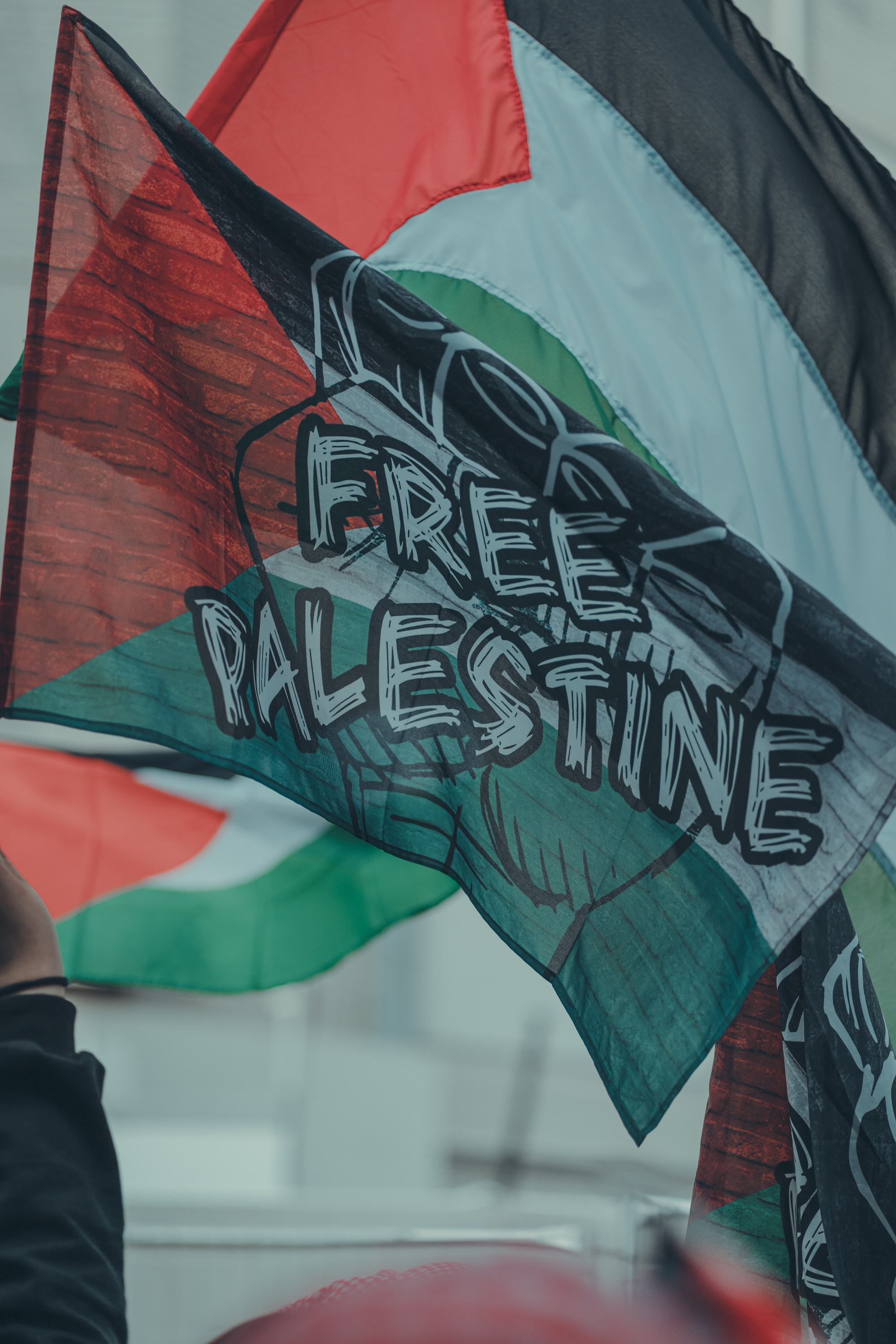
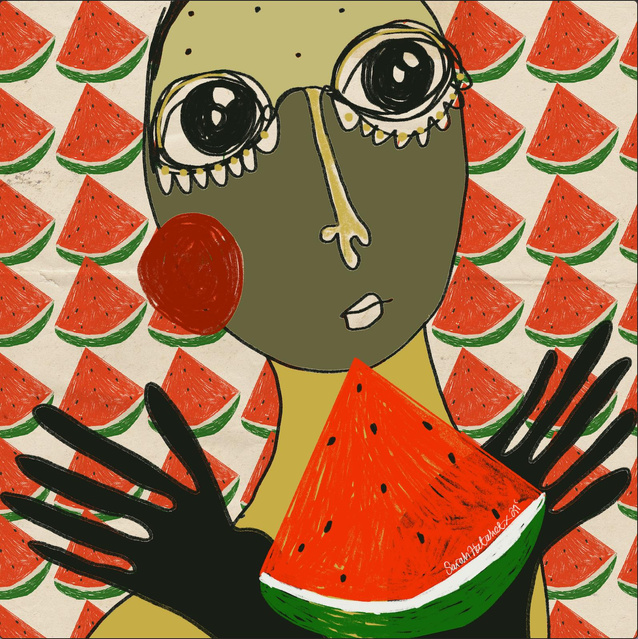
The Palestinian struggle has been one of the most controversial and divisive issues in modern history. However, the history, context and truth of the struggle is often misunderstood.
The simple truth is that the Palestinian people have been subject to great injustice in their own land. This website is a hub of resources for those who want to understand the truth and educate themselves on the matter.
We hope that through education and truth telling, we have a chance of a just and dignified peace for the Palestinian people.
“There's a Palestine that dwells inside all of us, a Palestine that needs to be rescued: a free Palestine where all people regardless of color, religion, or race coexist; a Palestine where the meaning of the word "occupation" is only restricted to what the dictionary says rather than those plenty of meanings and connotations of death, destruction, pain, suffering, deprivation, isolation and restrictions that Israel has injected the word with.”
― Refaat Alareer, Gaza Writes Back
Social Media
Podcasts
Websites

The Institute for Middle East Understanding (IMEU) is an independent non-profit organization that provides journalists with quick access to information about Palestine and the Palestinians, as well as expert sources, both in the United States and in the Middle East. Both through its website and its staff, the IMEU works with journalists to increase the public's understanding about the socio-economic, political, and cultural aspects of Palestine, Palestinians, and Palestinian Americans.
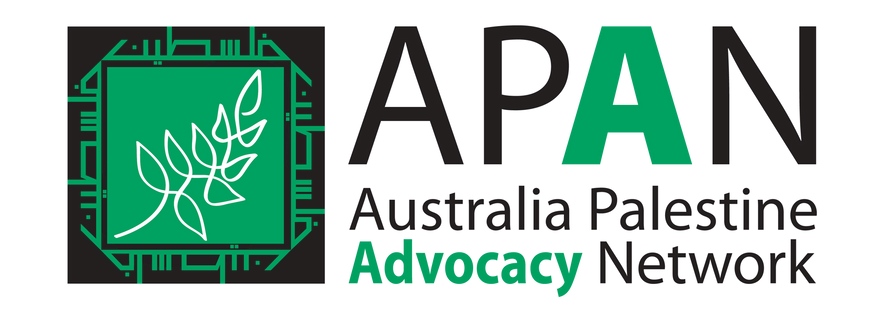
Australia Palestine Advocacy Network (APAN) harnesses the passion of Australians to advocate for Australian policy to support Palestinian human rights, justice, and equality. APAN offers a voice for all Australians
of goodwill who wish to express their opposition to the ongoing colonisation of Palestinian land, and the continuation of a illegal and brutal military occupation that Palestinians have suffered under for decades.

Al-Shabaka: The Palestinian Policy Network was launched in April 2010 as the first and only independent, transnational Palestinian think tank. We bring together over 200 analysts from across the globe to produce critical policy analysis and craft visions for a liberated, self-determined future. Al-Shabaka is a 501(c)(3) nonprofit organization, registered in the State of California as the Middle East Policy Network.
STORIES FROM THE NAKBA
TRANSLATED FROM MY TETA (GRANDMOTHER)
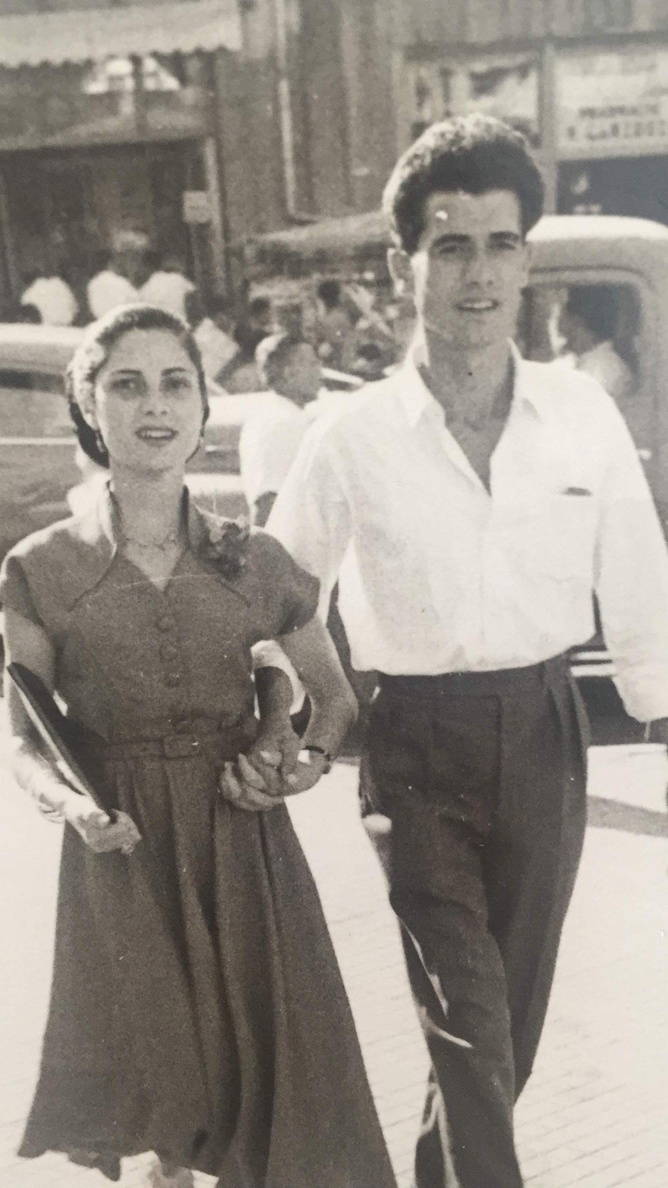
MY GRANDMOTHER AND GRANDFATHER YEARS AFTER HER FAMILY WAS FORCED TO REBUILD THEIR LIVES IN AMMAN
I was born in Acre and lived my early years in a British army compound in Ramle as my father worked for the British military. In 1948, against a backdrop of instability and as the British army were leaving Palestine, the army offered my father a relocation of his family and possessions to either Ramallah or Amman. Not wanting to leave his extended family behind (brothers and sisters), he rejected the offer and we instead moved to Lydda, where my father joined the Arabic Police Force.
We remained in Lydda for three months, but as the Israeli aggression intensified and the bombing of houses had begun, we fled for our safety to an orchard on the outskirts of Lydda. Here, we shared a house with my uncles, aunties, cousins and grandmothers (a total of 20 people in one house). One morning, my father sensing that something was wrong, looked outside his window to see olive trees moving. Having been exposed to the army, he recognised that these were camouflaged men. The Israeli’s were preparing to attack. He immediately woke everyone in the house, and we escaped back to our house in Lydda.
Our days back in Lydda were constantly filled with dropping bombs and we would often have to hide under tables or beds in an attempt to seek whatever shelter was available, until one day we were informed that the Arab army had arrived. Hopeful, we ran to look out the window only to see the men taking off their Kuffieh and then commence shooting to the sky. The IDF had arrived.
Knocking with the butt of their gun on our doors, they instructed us to go to our local church or mosque to register our names as a citizen of the town and receive new ID’s. As we attempted to follow these instructions, we were marched out of town with guns to our backs. Anyone who dared to look back was shot. As we were walking, two Israeli soldiers approached my father threatening to kill him in a case of mistaken identity with an individual who was helping the resistance. He was only saved by the airplanes that had commenced dropping bombs nearby, so they let him go and left.
We walked for three days in August, the height of summer in the Middle East, without water or food, all the way to Ramallah. Upon reaching Ramallah, not knowing where to go we rested by the side of the road for over a day when a passing Iraqi man took pity on us and took all 20 of us back to his house where he allowed us to camp in his back yard and gave us food and water. After staying at his house for several days, we started our journey to Amman on the back of a truck with 20 others, making a total of 40 passengers on the back.
Upon arriving in Amman, we sought shelter at a monastery as refugees. We were given a room and some bedding. All 20 of us had to share the same room but we were grateful for safety. We stayed for two weeks, following which we found a one bedroom house for the entire family to share. Living conditions were tough, we were forced to hang sheets from the ceiling in an effort to divide rooms and provide privacy.
It was here in Amman that family members started to search for work and we began to rebuild our lives. I was 10 years old when the Nakba occurred, much like the innocent children in Gaza currently experiencing the modern day Nakba.
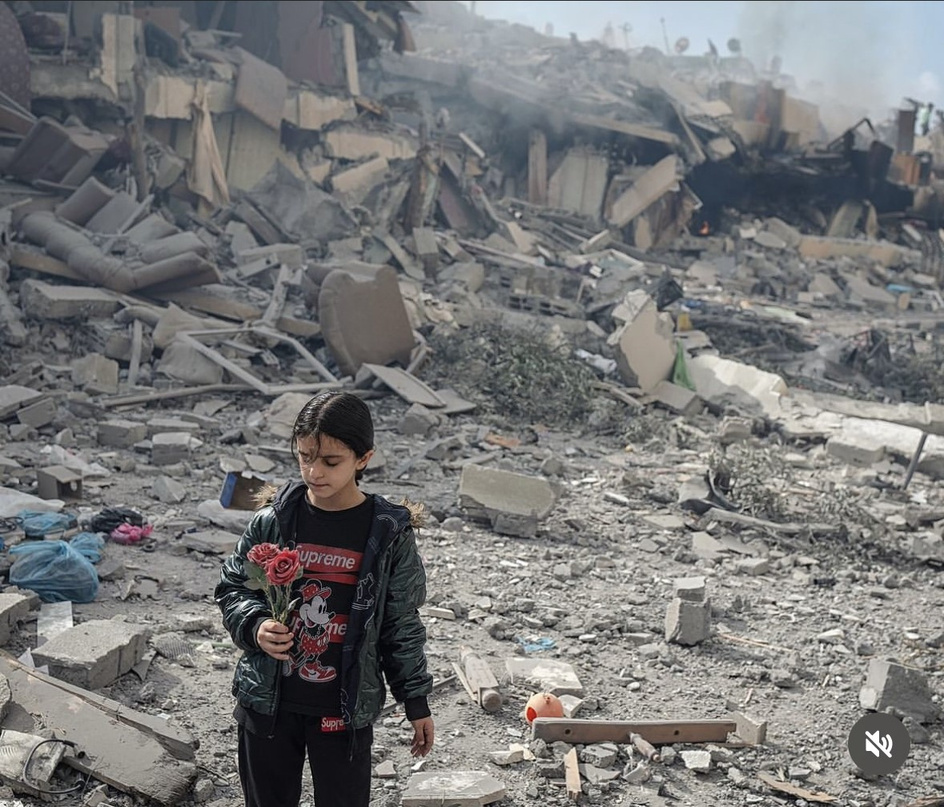
Photograph: motaz_azaiza (Instagram)
HOW TO SUPPORT
Use Your Voice!
Write to your local parliamentarians, calling on them to condemn Israeli attacks on Palestinians, call for an immediate ceasefire and full lifting of the blockade. We must all be aware that genocide is currently taking place and we have a responsibility to act immediately to stop it. This is the time to step up and take urgent action.
visit APAN
Donate
Every amount helps! Donate to reputable agencies such as UNRWA or Augusta Victoria Hospital which offers specialised care for people of Gaza with serious illnesses.
Demonstrate
Join peaceful demonstrations, in Western Australia these are organised by Friends of Palestine.
National actions can also be found on the APAN wesbsite
VISIT APAN EVENTS PAGE
Free Palestine Printing is a useful resource for signage and other visual media for Protests
Talk
Talk about it with your family and friends. If we stop the spread of hate and misinformation, and instead fill the conversation with understanding and care, then change can happen.



